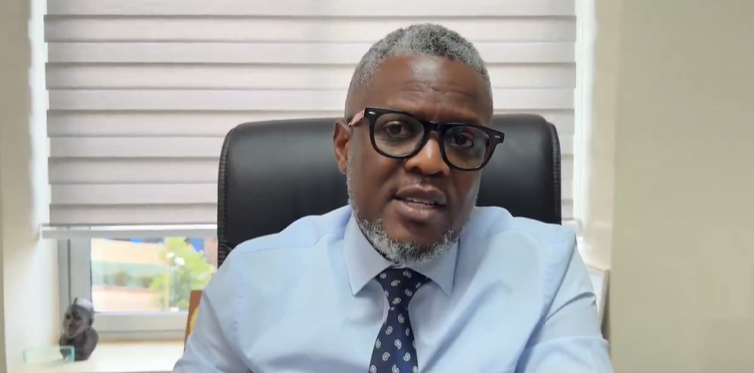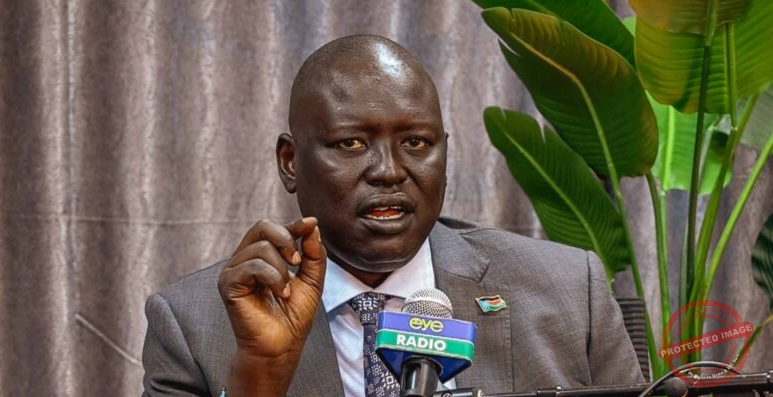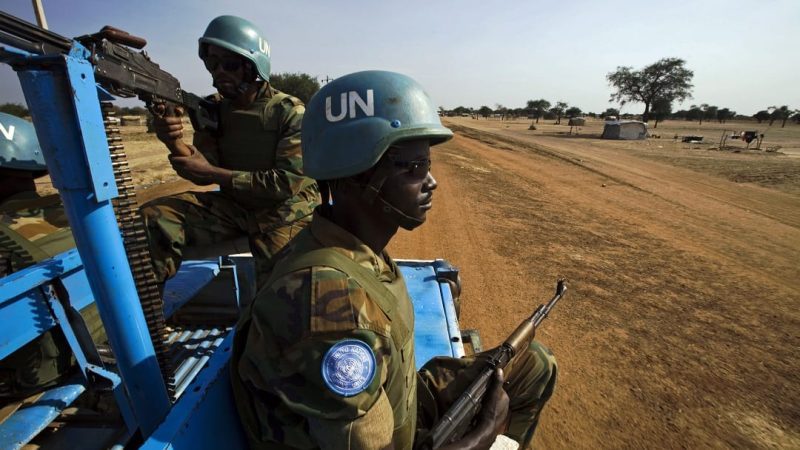A group of twenty members South Sudanese pro-government supporters has written a petition letter asking President Salva Kiir to remove from office foreign minister Deng Alor Kuol, claiming the latter was advancing regime change views.
The group, according to the letter extended, said that minister Kuol was the source of the current political upheaval which has created a dangerous political situation by telling Riek Machar, Pagan Amum and other SPLM cadres that President Salva Kiir Mayardit was not going to run for Presidency in 2015.
Kuol, the group argued, backed up his plot by telling them that he was in a meeting in which President Kiir told former South African President Thabo Mbeki that he would not run in 2015 as the flagbearer of the SPLM Party.
The group brought up nine-point charges against Kuol as the basis for seeking removal from the office.
“Now that Deng Alor does not hide his position in calling for the removal of President Kiir, is there a justification for him to continue as the Minister of Foreign Affairs of TGONU? Since he is campaigning for dissolution of the executive branch of the TGONU, is there any legal reason for the President not to relieve him from his position to face charges of treason?”
The signatories of the appeal said pleading that President Salva Kiir cannot remove Mr Deng Alor because of ARCISS has no constitutional backing
“There is no provision in the agreement which condones any crime let alone high crimes of treason. Most importantly, the ARCISS does not invalidate South Sudan Penal Code and cannot prevent the head of state to remove a member of FDs who violated criminal laws,” the group said.
The petitioners claimed that the international community, including IGAD, cannot object to the removal of the foreign minister who informed the regional body that the TGONU should be dissolved and be replaced by the so-called “Government of Technocrats”.
“The international community has never stated that ARCISS collapsed. The position of IGAD is that High-level Revitalization Forum is not a renegotiation of the ARCIS. It is the consolidation and energization of the existing TGONU to completely implement the agreement,” they argued.









